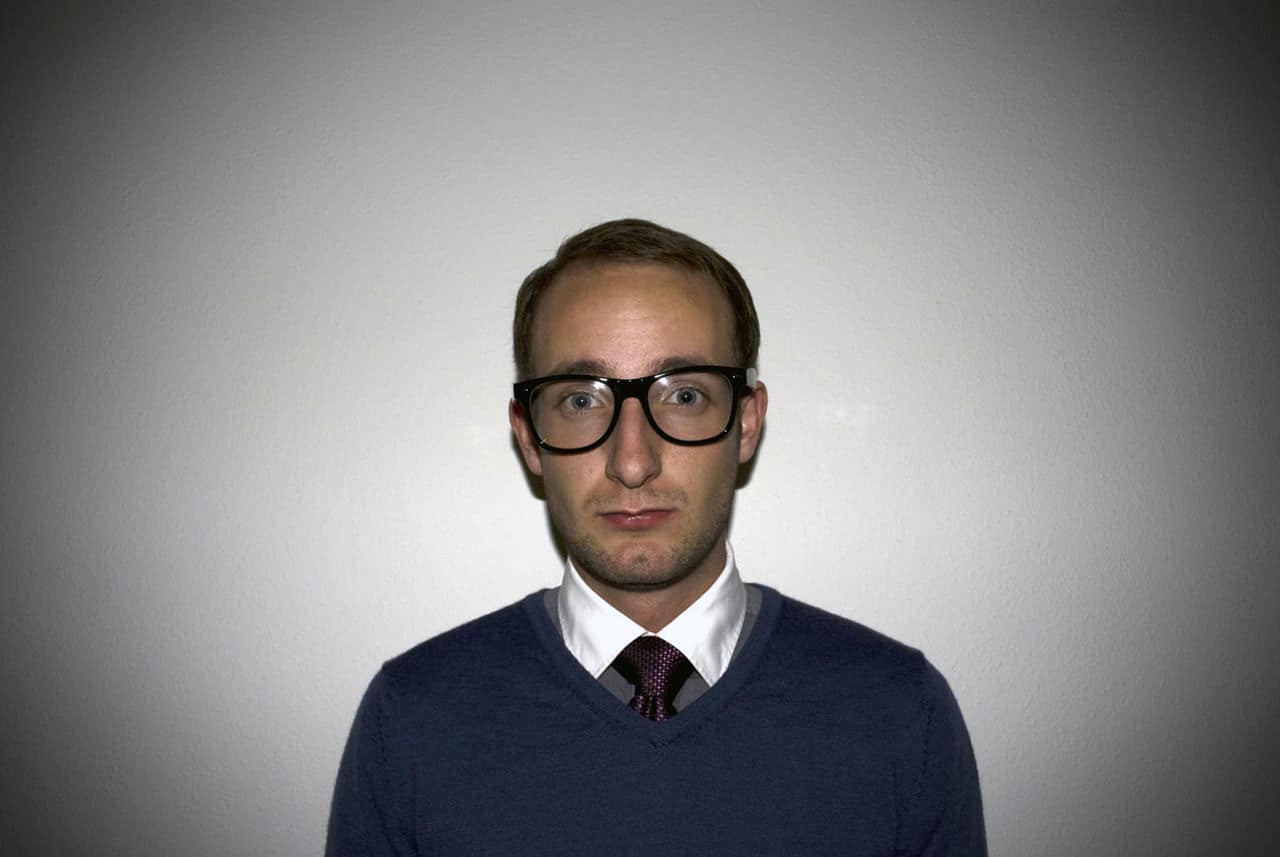Accountants, CPAs, and other financial professionals enjoy working with numbers and tend to take extra care with their own finances. They can’t help it – it’s a habit.
Having an extra level of knowledge and expertise is perhaps the biggest reason financial professionals take extra care with their personal finances. It’s also a contributing factor to their financial success. Financial professionals know what pitfalls to avoid and how to organize their finances to avoid serious problems.
If you’re working toward becoming a Certified Public Accountant, or any other financial certification, you’ll reap the rewards in business and your personal life.
Getting certified is the first step
Before you can reap the rewards of becoming a financial professional, you need to get your certification. Whether you’re pursuing a general accounting certification or you’re intent on becoming a CMA or CPA, the certification process will teach you more than you can imagine.
There is a lot to learn in the finance world, which makes pursuing certification a challenge. You’ll need to have at least a few thousand dollars to get started. If you want to pass the exam on the first try, you’ll need to take a prep course, which costs money.
To offset your total cost, you can apply for various scholarships for financial students like Wiley’s $1,000 finance scholarship. Wiley is one of the leading resources for new accountants and financial professionals to learn their profession and achieve professional certification. One student each month is awarded a $1,000 scholarship, which helps offset the cost of certification and other expenses.
Once certified, you’ll gain even more real-world experience
Technically, becoming a certified finance professional requires minimal experience in the real world. However, once you have your certification you will gain even more experience. This experience will teach you what you couldn’t learn by reading books and shadowing other people.
In the real world, you might feel like you’re in over your head, and that’s a good thing. Provided you have a good support system with a mentor, you’ll be forced to use critical thinking skills to solve problems as they arise. These skills will directly translate to a positive impact on your personal finances.
For example, you might end up dealing with a problem for a client that you realize you’re experiencing in your own life. When you find a solution for your client, you can also apply it to your own life.
With enough experience solving problems for clients and guiding them toward better financial habits, you’ll also adopt those habits and integrate the solutions into your personal life.
If you work with a team, you’ll have access to collaborative solutions
Two or three minds are always better than one. An entire team of minds is even better.
Once you start working in the financial field with other financial professionals, you’ll be exposed to a diverse group of people who have handled many different situations for a variety of clients spanning decades. Their wisdom will eventually become your knowledge, and when you can apply that knowledge, it will become your wisdom.
You’ll save money on your own financial needs
If you become a CPA, you won’t have to hire someone else to do your taxes (unless that’s what you prefer). You’ll save hundreds if not thousands of dollars doing your own taxes and accounting.
Your theoretical knowledge will become useful as time passes
As a financial professional, everything you learn in your professional life is applicable to your business and personal finances. If not now, then possibly in the future. For example, you may not have the same tax situation as your clients right now, but that may change in the future. If it does, you’ll be better prepared to handle the changes.
You might get ideas from your clients regarding financial decisions you want to make. They might end up inspiring you to start investing in certain ways, or to avoid mistakes you can see have cost them a lot of money.
The knowledge, experience, and wisdom you’ll gain through experience will far exceed what you’ll learn by reading books and taking courses. That’s as it should be. Experience is the greatest teacher of all, and gaining that experience vicariously through your clients will provide you with a shortcut to financial wisdom.

